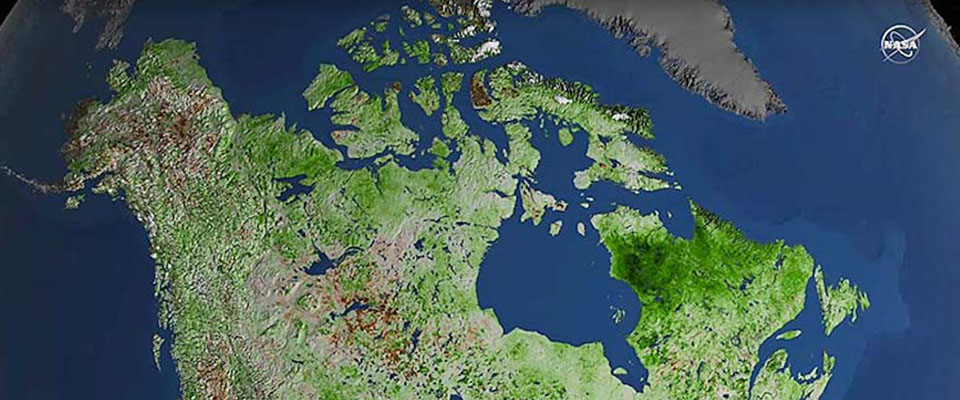A recent study by Berkeley researchers and the nonprofit Berkeley Earth has confirmed something most of us thought we already knew; namely, that the globe has been growing steadily warmer in recent decades.
Published in Science Advances in January, the study supported earlier findings by the National Oceanic and Atmospheric Administration (NOAA) showing that there had been no global warming hiatus at the beginning of this century, as had been previously reported.
In case you missed it, “global warming hiatus” has been a popular talking point among climate change skeptics—a reference to a reported slowdown in the rise of global surface temperatures. The claim wasn’t based on fake news or misinformation. As the Intergovernmental Panel on Climate Change (IPCC) noted in its Fifth Assessment Report in 2013, surface temperatures in the 15-year period from 1998 to 2012 increased at a rate that was, depending on the observational data set considered, only one-third to one-half the combined rate for the 60-year period from 1951 to 2012.

Most climatologists found the trend paradoxical, since greenhouse gas concentrations continued to rise and the slowdown in temperature increase ran counter to the projections of most computer models. As climate change deniers seized on the data as evidence that alarm over global warming was overblown, scientists struggled to understand what was going on. Theories to account for the missing heat ranged from decreased solar activity and increased volcanic eruptions, to decadal ocean cycles.
Then, in 2015, NOAA scientists found a simpler explanation. It turned out modern buoy-based marine measuring systems tend to report somewhat cooler temperatures than the ship-based temperature readings that were the norm decades ago. This made sense, since shipboard measurements were taken from ocean water piped through intake valves into hot engine rooms.
When scientists adjusted for the “cold bias” of buoy-based systems, they found that average ocean temperatures had actually warmed 0.12 degrees Celsius per decade since 2000—almost twice as fast as the hiatus-supporting data indicated. Correct for the bias, in other words, and the hiatus disappeared.
Climate change deniers, particularly in Washington, D.C., cried foul. The House of Representatives science committee subpoenaed emails and other internal communications from NOAA scientists, who were accused by Texas congressman Lamar Smith of having “altered temperature data to get politically correct results and then widely publicized their conclusions as refuting the nearly two-decade pause in climate change we have experienced.”
“… the hiatus seems to disappear if you make certain adjustments to how the research is conducted.”
The American Meteorological Society and the Union of Concerned Scientists denounced the subpoena, and NOAA officials declined to comply with the order on the grounds that internal discussions are confidential.
Politics aside, the basic question remained: Did NOAA get it right? To find out, researchers with Berkeley Earth launched their own review using data from robotic floats, satellites, and buoys. As explained to Berkeley News by lead author of the study and Berkeley graduate student Zeke Hausfather, it was not necessary to “smush together data from different instruments, which leads to a lot of judgment calls about how you weight one versus the other.” Instead, the researchers asked themselves, “What if we create a temperature record just from the buoys, or just from the satellites, or just from the Argo floats, so there is no mixing and matching of instruments?”
No matter which dataset they analyzed, they got the same conclusion: The 2015 NOAA analysis pretty much nailed it. Or as Elizabeth Muller, the executive director and cofounder of Berkeley Earth, observed, “… the hiatus seems to disappear if you make certain adjustments to how the research is conducted.” She added, however, that understanding climate requires that we concentrate on long-term, not short-term datasets.
“Our ocean temperature records go back to the 1700s, and it’s important to look at the issue from that perspective. When you look at that broad dataset, it’s clear there has been a long-term warming trend. Over short periods, fluctuations are common. Sometimes temperature trends are up, or down, or steady. Fluctuations can be rapid or slow. Statistically, it doesn’t mean anything.”





















